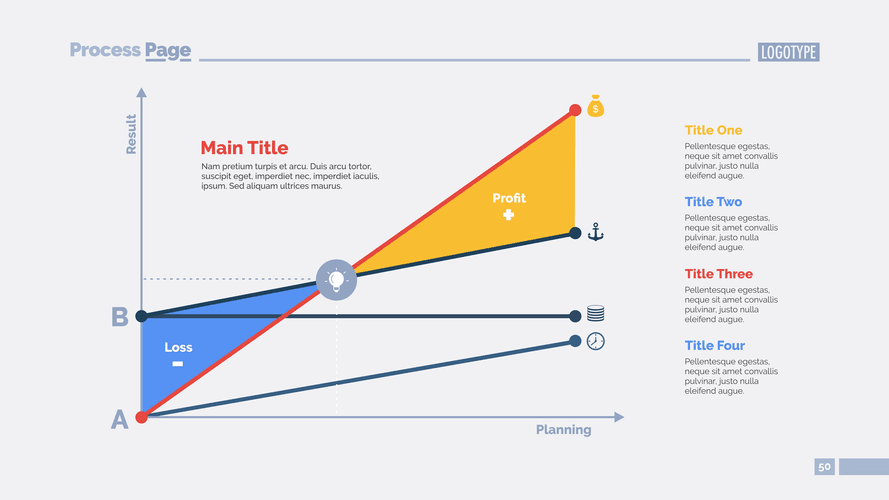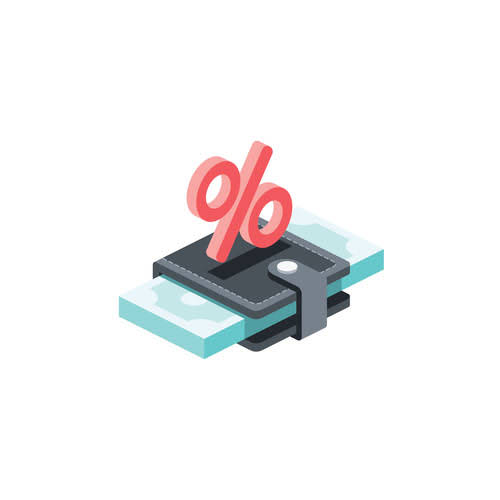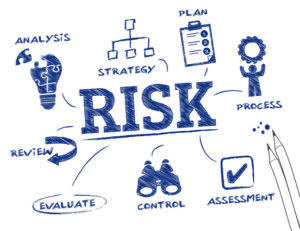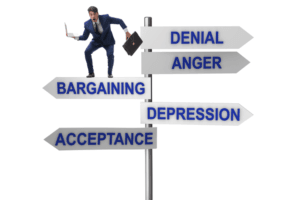
The Consumer Financial Protection Bureau (CFPB) explains that you remain responsible for outstanding credit card balances even after you’ve closed an account. You might want to review your card agreement and make sure you understand the consequences of closing your account regarding your fees and rewards. You can close a income statement credit card without repaying its entire balance first. However, closing a card without paying it off isn’t a solution to a high balance. Read on for a deeper look at what may happen when you close a credit card that has a balance.

Common Mistakes to Avoid When Using the Idiom “balance out”

Carrying a balance doesn’t really affect the way you’d Grocery Store Accounting close a credit card. After reviewing your card’s terms, you can typically cancel your account by contacting your credit card company. The customer service phone number is often printed on the back of your credit card. You might even be able to request a cancellation online or through your mobile app. When using the idiom “balance out,” it is important to understand its meaning and how it should be used in context.

Usage and Variations of the Idiom “balance out”
- When we talk about balancing out, we refer to a process of finding equilibrium or stability in different areas of life.
- If you want to close your card because you can no longer afford your credit card fee, you may be able to contact your credit card company and request a downgrade.
- It could be what you suggest about Jack’s status, or it could simply mean that having one item on each side of his lapel created a balance in numbers.
- If you’re concerned about overspending, you may want to close your card to avoid reaching for it at check-out.
- When using the idiom “balance out,” it is important to understand its meaning and how it should be used in context.
However, the outstanding balance still counts toward your total debt. That means closing a card without paying it off could drastically increase your credit utilization ratio. High credit utilization compared to your available credit could hurt your credit score. The CFPB explains that your monthly minimum payment may increase after you close your account.
- If you don’t prioritize paying off a closed credit card, your debt may grow.
- Anyone can learn for free on OpenLearn, but signing-up will give you access to your personal learning profile and record of achievements that you earn while you study.
- Discover Bank does not guarantee the accuracy of any financial tools that may be available on the website or their applicability to your circumstances.
- Other credit card companies may offer you a limited time to use your remaining rewards before they expire.
- However, moving your balance to a credit card with a low interest balance transfer offer could save you money.
What does “balanced off” mean in this context?

You might avoid additional fees by closing a credit card with a balance. Depending on your credit card agreement, your card issuer may continue charging you monthly or annual fees. However, those fees shouldn’t increase after you’ve closed your account. When you close a credit card, your available credit goes balance off meaning down by that card’s credit limit.

more stack exchange communities
- In all these examples, people use the phrase “balance out” as a way to achieve stability or equality between two opposing forces.
- However, even with a good understanding of the idiom, there are still common mistakes that people make when using it.
- When you close a credit card with an outstanding balance, you should have a plan for repaying what you owe.
- On the other hand, closing an account in good standing could limit its positive impact on your credit history.
- Then we produce the trial balance by listing each closing balance from the ledger accounts as either a debit or a credit balance.
- The most obvious option is to keep your card open as you repay the balance.
Making a list of the above balances brought down produces a trial balance as follows. The computer and bank loan accounts have single entries on one side, like the furniture account, so they need to be treated in the same way. It could be what you suggest about Jack’s status, or it could simply mean that having one item on each side of his lapel created a balance in numbers. The context should tell you though, like if King was describing Jack in terms of his status in the surrounding paragraphs, or if it was just about his appearance. You are leaving Discover.com and entering a website operated by a third party.
- The idiom “balance out” is a commonly used expression in English that refers to achieving equilibrium or stability between two opposing forces.
- We are providing the link to this website for your convenience, or because we have a relationship with the third party.
- Discover Bank does not provide the products and services on the website.
- It serves as a check to ensure that for every transaction, a debit recorded in one ledger account has been matched with a credit in another.
However, even with a good understanding of the idiom, there are still common mistakes that people make when using it. In Western cultures, there is often an emphasis on achieving balance in all aspects of life – work-life balance, balancing relationships with friends and family, etc. Therefore, the idiom may be used more frequently in these contexts. However, in some Eastern cultures such as China or Japan, there may be a greater emphasis on harmony rather than balance. Closing a credit card with a balance won’t help you avoid high interest fees.


